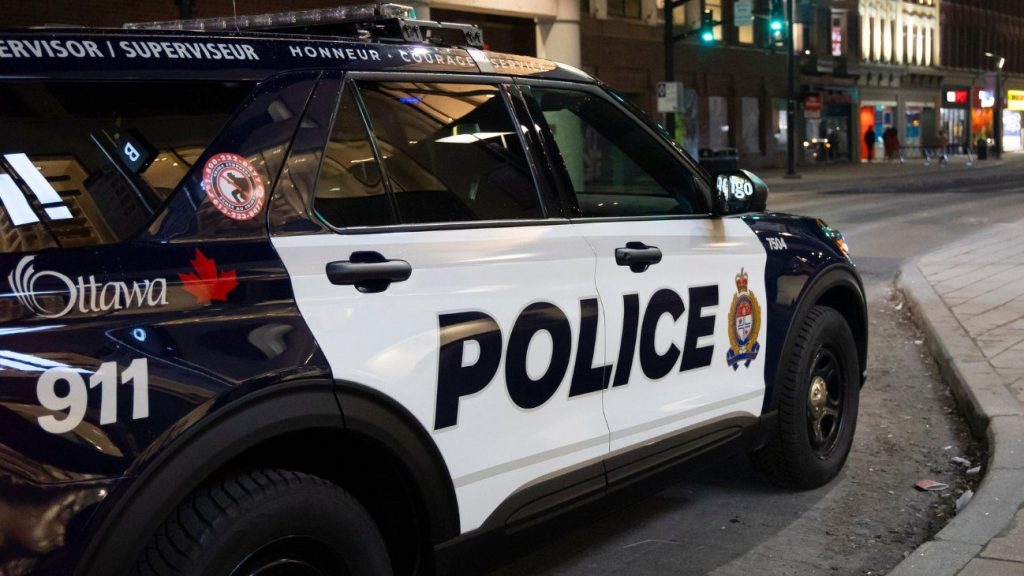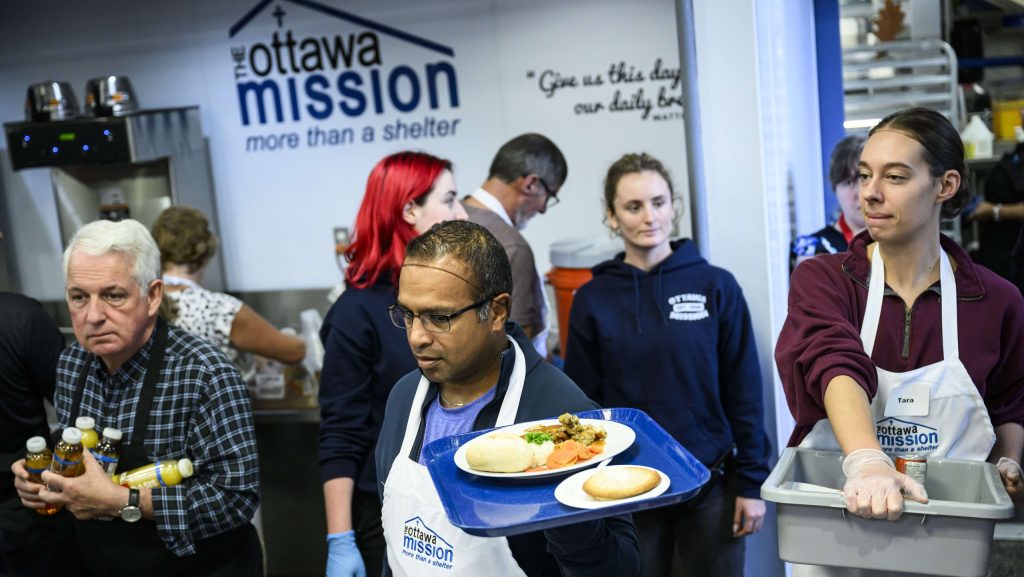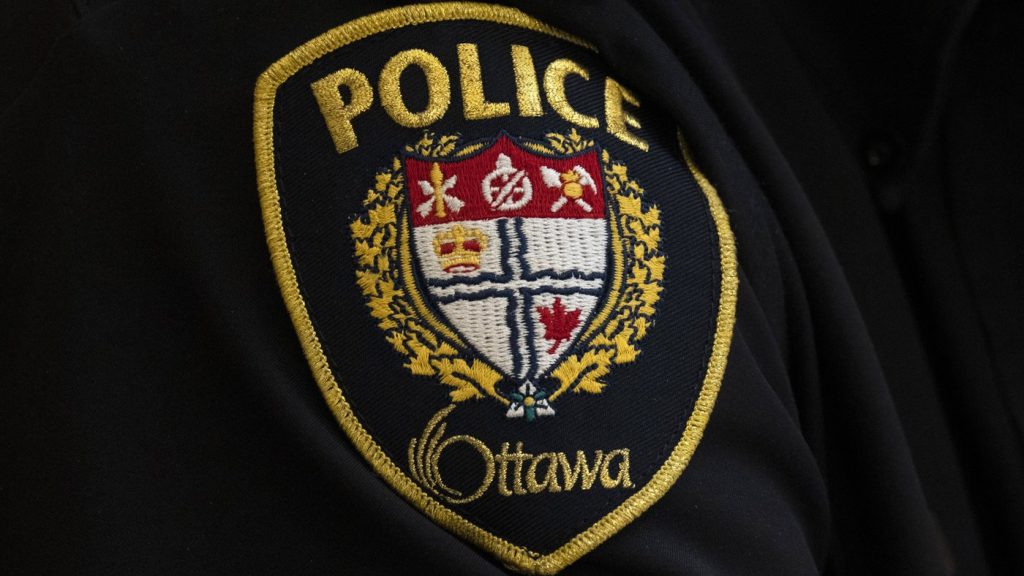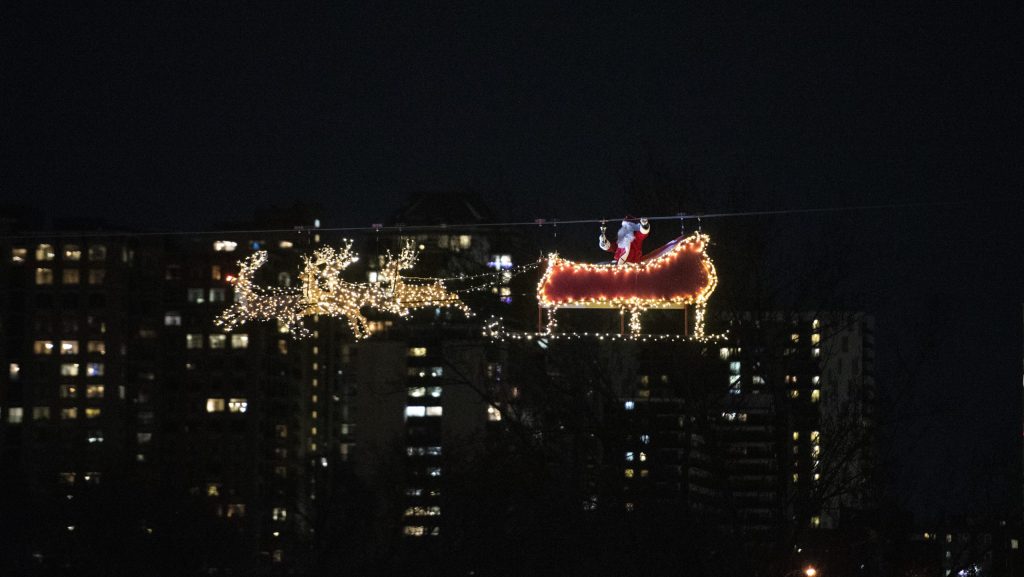Ottawa paramedics leaning on out-of-town support as convoy protest continues
Posted Feb 1, 2022 05:19:00 PM.
Many Ottawa paramedics continue to face a number of logistical challenges and safety fears while on duty as the “Freedom Convoy” protest continues downtown.
Darryl Wilton, president of the Ottawa Paramedic Association, said paramedics have had to made adjustments to their daily operations as they handle the increased burden of ongoing demonstrations.
As downtown streets remain congested with protesters, it's become difficult for many paramedics to reach people who require assistance. Wilton said some paramedics have had to enter streets on all-terrain UTV emergency vehicles while paramedics from Toronto have made their way to Ottawa to help.
“We’re saturated on any given day,” he said. “When a protest of this size hits the city, that’s something that’s an unplanned event; they don’t have provisions in place for their own medical care or anything like that. It’s like moving a small town right into the middle of the city.
“We have paramedics who have up-staffed on overtime, we have paramedics who have come from out of town and others still having trouble keeping up with the volume down there.”
Over the past few days, Wilton said so much has been happening within the protests — and many paramedics feel unsafe.
Wilton confirmed with CityNews that rocks were hurled at an Ottawa ambulance vehicle during the protest, adding that one paramedic was subjected to anti-Asian racial slurs.
As paramedics experience a rise in violence, Wilton said workers entering situations that show any sign of a threat is required to enter with a police escort. Since police have other situations to handle with a protest of this magnitude, it creates delays for paramedic personnel to reach people who require help.
Moreover, paramedics who are providing assistance to a person within a crowd are often left defenseless.
“We’re on our hands and knees and we’re providing care, whether it’s intravenous (IV) fluids or medications and getting them stabilized before they get into an ambulance,” he said. “That puts the paramedics in a very vulnerable position where they can’t see a threat and can’t defend themselves.”
In some cases, there are people who have stepped up with megaphones to assist paramedics by informing crowds to step away and create a perimeter around their work. Wilton said that’s always appreciated but sometimes unavailable.
“We don’t want the patient getting further harmed and we don’t want the paramedics getting further harmed,” he said. “We need to hand off care to a transport unit very quickly so that those paramedics can get redeployed back into action to help somebody else.”
Even while off-duty, some paramedics have been facing problems.
For instance, paramedics who live downtown near the protest area have faced disruptions — like many others — in their day-to-day lives. As protests rage on, paramedic staff working night shifts aren’t able to get proper rest during the day.
“These are hard shifts — it’s not just working in an ambulance for 12 hours,” Wilton said. “We have paramedics who are out there on foot who are exposed to the elements and that takes a toll on the body.
“We can see the impact it’s having on the city. These are people, just like you and I, they live and work in Ottawa and it’s starting to encroach on their ability to provide their services to their own city.”
He said he wants to see those at the “top of the city” start making decisions about the future of the protests.
“It’s time for the city to make some very firm decisions on what the next steps here are going to be,” he said. “We know from a paramedic standpoint, this can’t be sustained for weeks.”








